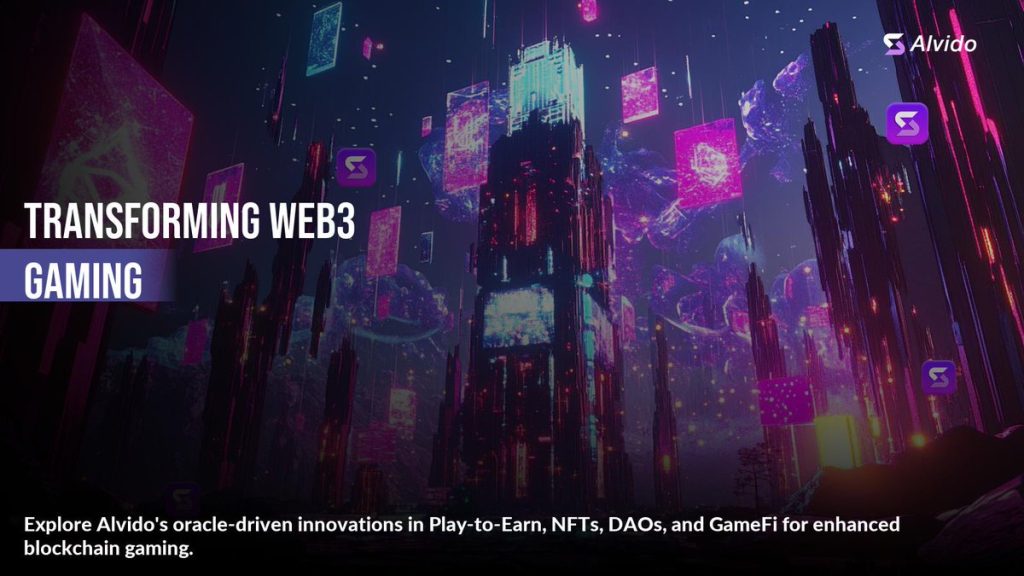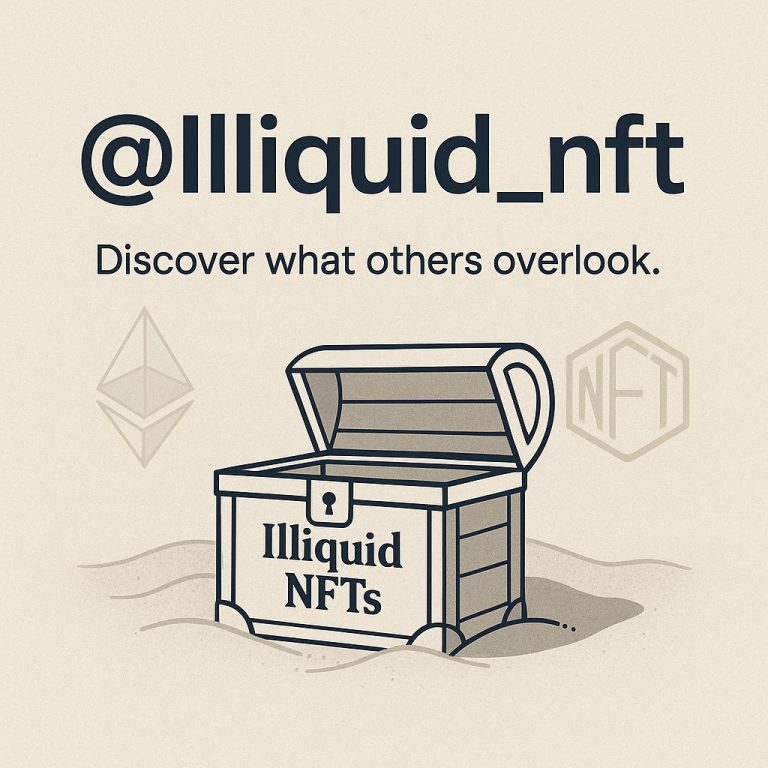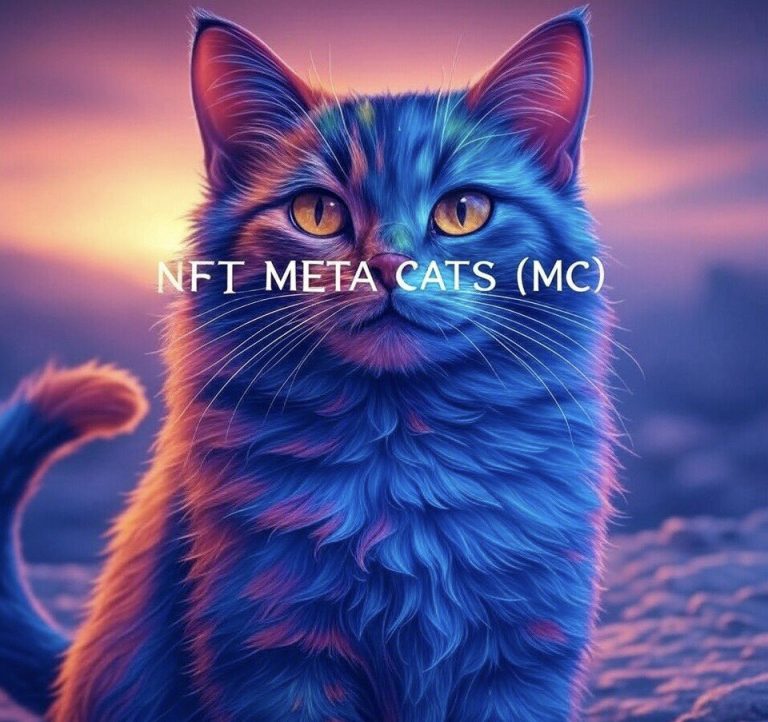
Predictive Oracles and the Future of Web3 Gaming: Insights from Alvido’s Ecosystem
The fusion of blockchain technology and gaming—the world of Web3 gaming—has already disrupted traditional models of play, ownership, and in-game economies. But the true revolution may lie just ahead with the rise of predictive oracles. These sophisticated systems hold the promise of transforming Play-to-Earn (P2E), NFTs, DAO governance, and the entire GameFi framework. This report delves into how predictive oracles, exemplified by integration initiatives like in Alvido’s ecosystem, could reshape the gaming landscape.
What Are Predictive Oracles?
Before exploring their impact, it’s crucial to understand what predictive oracles are within the blockchain realm. Oracles traditionally act as bridges, feeding external data into a blockchain so smart contracts can respond to real-world events. Predictive oracles, however, advance this role by leveraging AI, advanced analytics, and machine learning to anticipate future events and trends rather than merely relaying historical or current data.
Think of them as not just data feeders but also as digital fortune tellers who provide actionable foresight. This shift from reactive to proactive data provision unlocks powerful possibilities for decentralized applications, especially within Web3 gaming.
Alvido’s Ecosystem: A Testbed for Integration
Alvido, an emerging GameFi platform, is setting an interesting precedent by integrating predictive oracles into its core architecture. Its ecosystem currently supports NFTs, Play-to-Earn mechanics, and DAO-based governance—a ripe environment for predictive insights.
Predictive oracles can analyze vast datasets from player behavior, economic flows, and even external market conditions. In Alvido’s P2E system, these insights can dynamically adjust rewards, challenge difficulty, or token distributions to optimize player engagement and economic sustainability. For example, if predictive analytics forecast a decline in player activity, smart contracts could automatically trigger bonus incentives or limited-time events, maintaining vitality in the ecosystem.
NFTs in gaming often represent unique assets—characters, skins, or items. Predictive oracles can forecast market demand for specific NFT traits or types, helping players and creators make informed decisions. This could lead to dynamic NFTs whose attributes and rarity evolve based on predictive events, blending AI evolution with blockchain uniqueness.
Within Alvido’s DAO, decisions about game updates, economic policies, or community funds could leverage predictive data to preemptively evaluate the impact of proposals. This approach minimizes governance risks, ensuring the community votes with foresight rather than hindsight.
On a broader scale, predictive oracles can enhance GameFi by balancing in-game economies against speculative bubbles, detecting fraud, or even forecasting player churn. Alvido’s integration approach demonstrates that these oracles are not just add-ons but foundational components that reinforce economic and social stability.
Broader Web3 Implications: The Predictive Oracle Wave
Alvido’s case is part of a wider shift across Web3. Consider other projects integrating AI-powered market analysis with NFTs, such as Artsted, which combines NFT tools with AI to dynamically evolve digital art^[1]. Predictive analytics aren’t confined to gaming alone; they are influencing DeFi risk management too, with platforms like Magic Newton employing risk filters for token analysis based on smart contract audits and liquidity^[2].
Moreover, the prevalence of predictive insights allows for more sophisticated user interactions. Alpha City’s token volatility alerts and whale watching utilities use predictive data to provide gamers and investors with actionable intelligence in real time^[3].
Technical Challenges and Future Directions
Despite the benefits, integrating predictive oracles demands overcoming technical and philosophical hurdles:
– Data Accuracy and Integrity: Oracles are only as good as the data and models they use. Predictive models require continuous training with quality data to avoid erroneous forecasts that can have costly consequences in game economies.
– Trust and Decentralization: Maintaining decentralized trust in predictive oracles is complex. Overreliance on an oracle’s “prediction” can centralize power if not managed properly, undercutting blockchain’s decentralization ethos.
– User Experience and Transparency: Developers must ensure that predictive insights enhance rather than confuse player experiences. Transparency about how predictions influence the game world or NFTs is essential to maintain player trust.
– Regulatory and Ethical Concerns: Predictive technologies may introduce new regulatory scrutiny related to gambling laws, market manipulation, or privacy rights—especially in games that blend real and virtual economies.
Conclusion: Charting a New Path in Web3 Gaming
Predictive oracles promise to move Web3 gaming from a domain of static, reactive smart contracts to dynamic, foresight-driven ecosystems. Alvido’s pioneering integration offers a glimpse of how Play-to-Earn rewards, NFTs, DAO governance, and GameFi can evolve through AI-powered predictions. By harnessing this technology, gaming platforms can foster more resilient economies, richer player experiences, and smarter governance structures.
The true power lies in anticipating player needs and market trends, not merely responding to them. This evolution could redefine the potential of decentralized gaming worlds, making them adaptive, sustainable, and ever more engaging in ways previously unimaginable.
As we watch projects like Alvido and platforms in adjacent spaces push predictive oracles forward, the future of Web3 gaming looks less like a game of chance and more like a game of anticipation—where foresight is the ultimate power-up.
—
References
—
Should you wish to explore this topic further, these links will take you directly to perspectives shaping the predictive oracle and Web3 gaming conversation.








